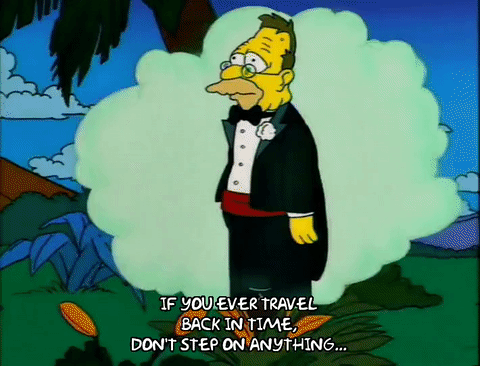Awhile back, a friend who was just getting into recording asked me what I'd say if I could only give one bit of advice...so I told him ...
"Boost early, cut late."
And by that I meant, get as hot a signal as you reasonably can going in, and cut levels as late in the signal chain as possible. This will ensure that you have good levels on all your instruments with the lowest possible noise floor.
If your incoming signals are weak and you have to boost them further down the chain you will also be boosting your noise floor. Even if you keep your levels as high as possible, anytime you boost ANYTHING you are increasing the noise floor.
Keeping this though in mind throughout the recording process will help keep your recordings cleaner and free of background noise, yielding a more professional-sounding finished product.
What would YOU say if someone asked you for only one bit of recording advice?
"Boost early, cut late."
And by that I meant, get as hot a signal as you reasonably can going in, and cut levels as late in the signal chain as possible. This will ensure that you have good levels on all your instruments with the lowest possible noise floor.
If your incoming signals are weak and you have to boost them further down the chain you will also be boosting your noise floor. Even if you keep your levels as high as possible, anytime you boost ANYTHING you are increasing the noise floor.
Keeping this though in mind throughout the recording process will help keep your recordings cleaner and free of background noise, yielding a more professional-sounding finished product.
What would YOU say if someone asked you for only one bit of recording advice?

